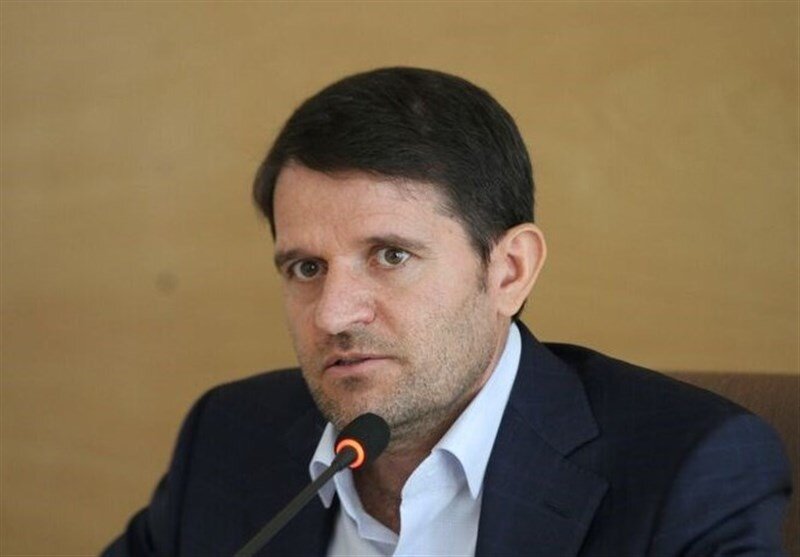Petchem projects under Iran’s 7th Development Plan reach 60% progress

TEHRAN – Iran’s National Petrochemical Company (NPC) announced that projects included in the country’s Seventh National Development Plan have achieved an average progress rate of 60 percent, with an estimated total investment requirement of around $26 billion.
Hassan Abbaszadeh, managing director of NPC and deputy oil minister, told an international conference on oil, gas and petrochemical investment that 66 projects are scheduled to come on stream during the Seventh National Development Plan period.
“These projects have already absorbed about $13 billion in investment, and progress over the first two years of the plan has been satisfactory,” he said.
According to Abbaszadeh, Iran’s installed petrochemical production capacity currently stands at about 100 million tons per year, following a cumulative investment of roughly $92 billion since the industry’s inception. The goal under the 7th Plan is to raise capacity to 131 million tons, focusing on completing neglected value chains and promoting downstream industries to curb crude and feedstock sales.
He added that Iran still imports around $2.0 billion worth of petrochemical products annually, which are targeted for domestic production during the seventh and eighth development plans. In the longer term, 46 additional projects—requiring about $44 billion in new investment—are being prepared for implementation under the 8th Development Plan through 2033.
The deputy oil minister underscored the importance of private-sector participation, noting that only about 15 percent of total petrochemical investment so far has come from genuine private players.
“A greater private-sector role will bring agility, efficiency and smarter decision-making,” he said.
Abbaszadeh also emphasized the need to reinvest 40 percent of annual corporate profits—rather than distribute them—to fuel growth within the petrochemical value chain. He said the sector generates between $24 billion and $26 billion in annual revenue, about two-thirds of which comes from exports.
He stressed that Iran must provide a stable, predictable business environment to attract investors and reduce bureaucratic barriers.
“Investors need assurance that regulations will not change abruptly. Many turn to sectors like construction simply because of faster returns,” Abbaszadeh said.
EF/MA
Leave a Comment